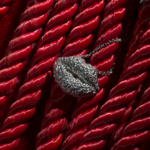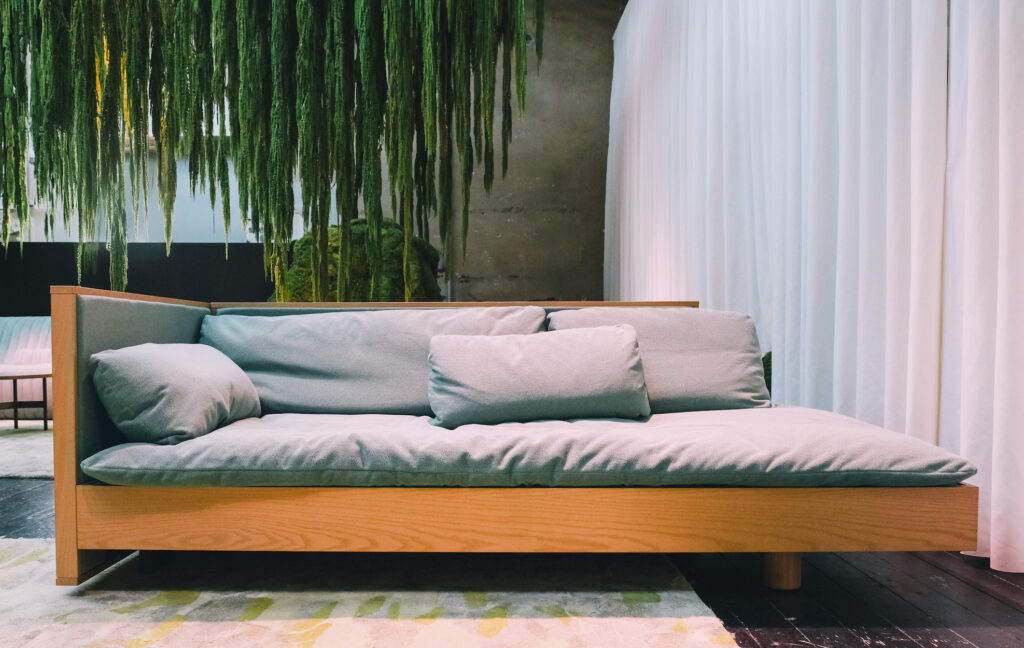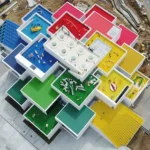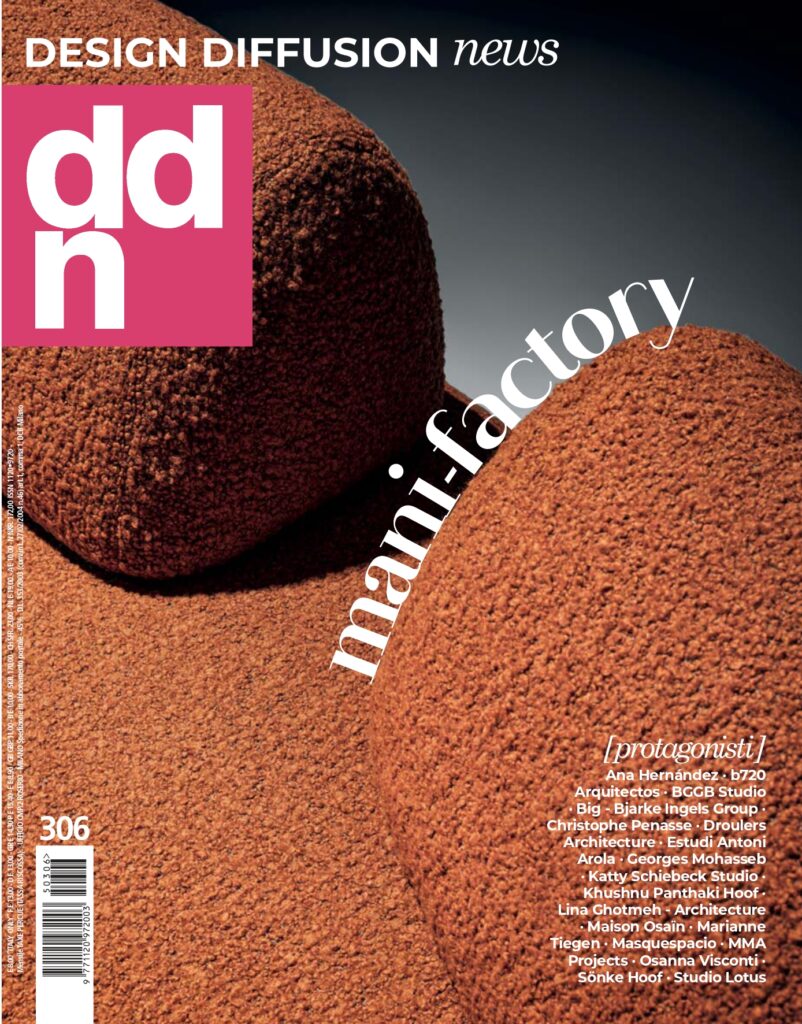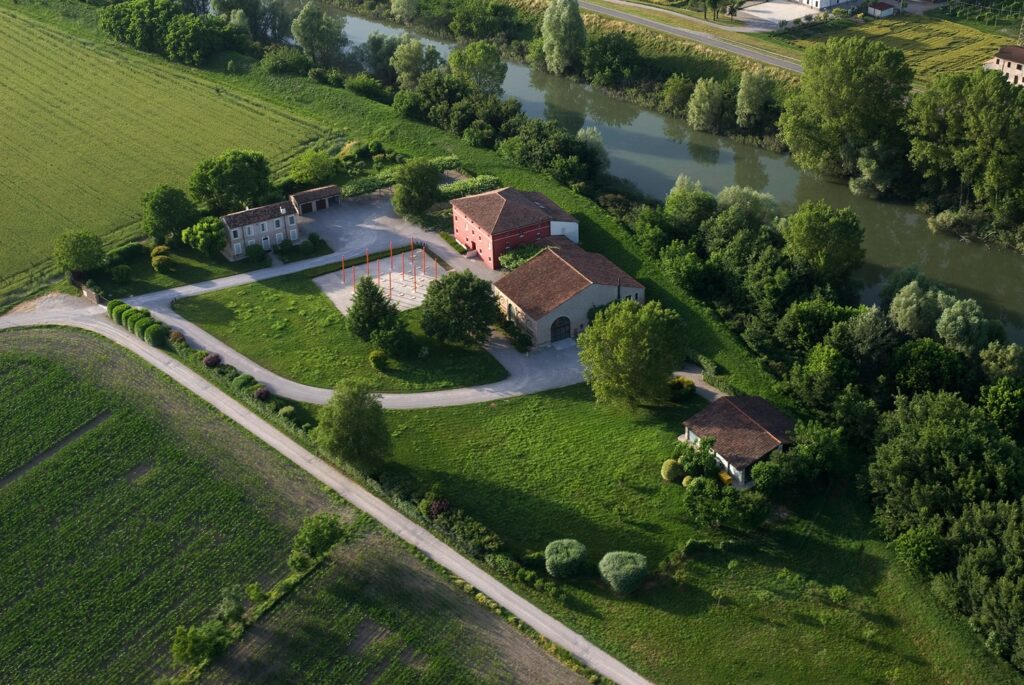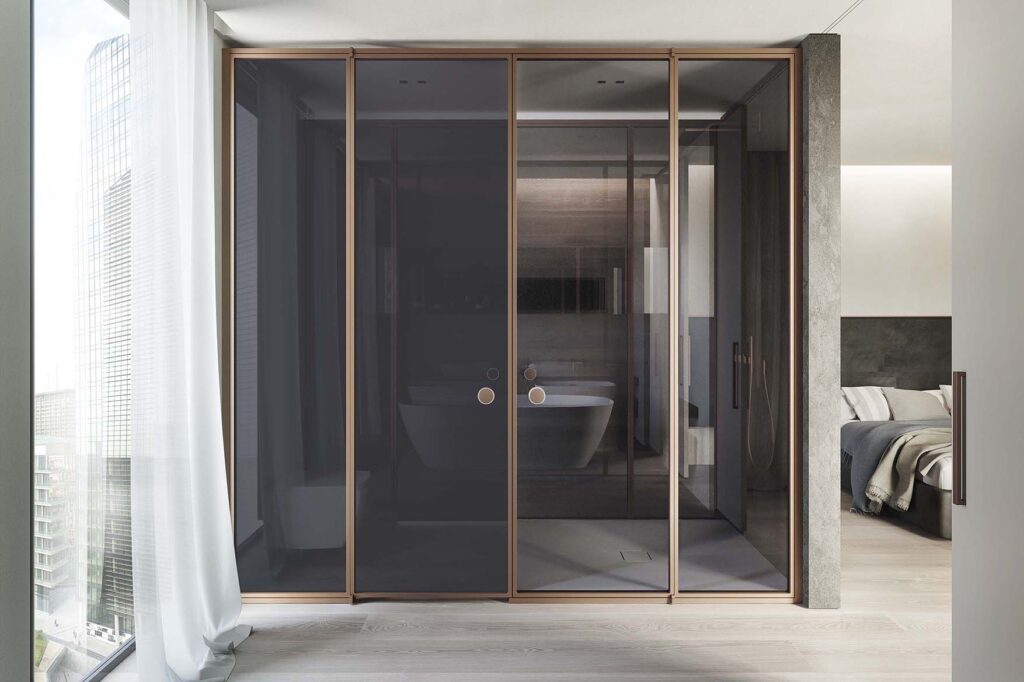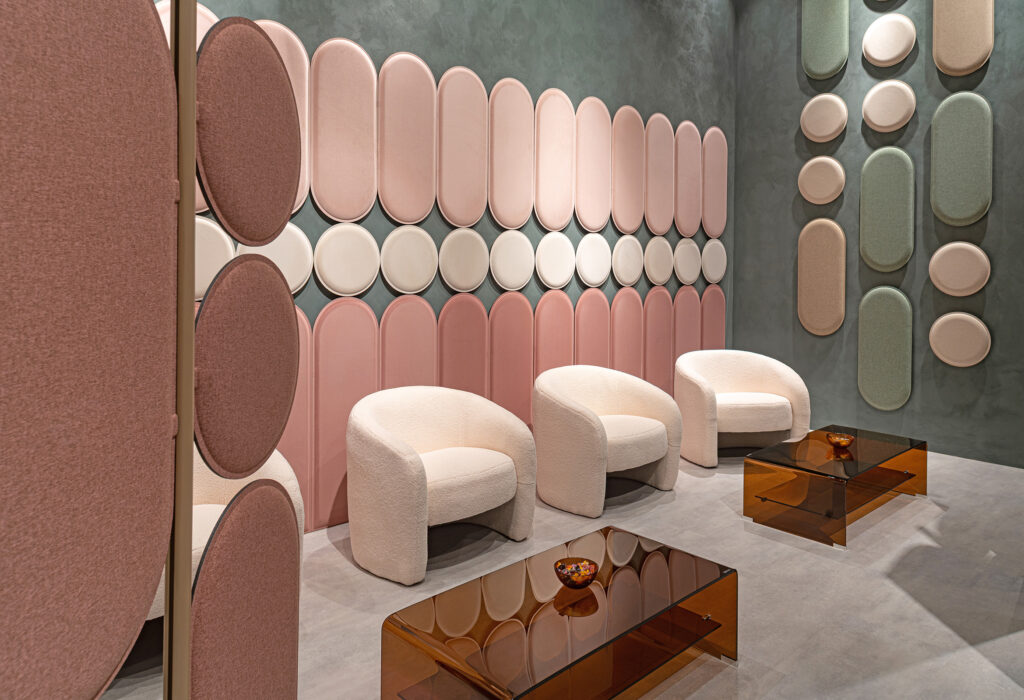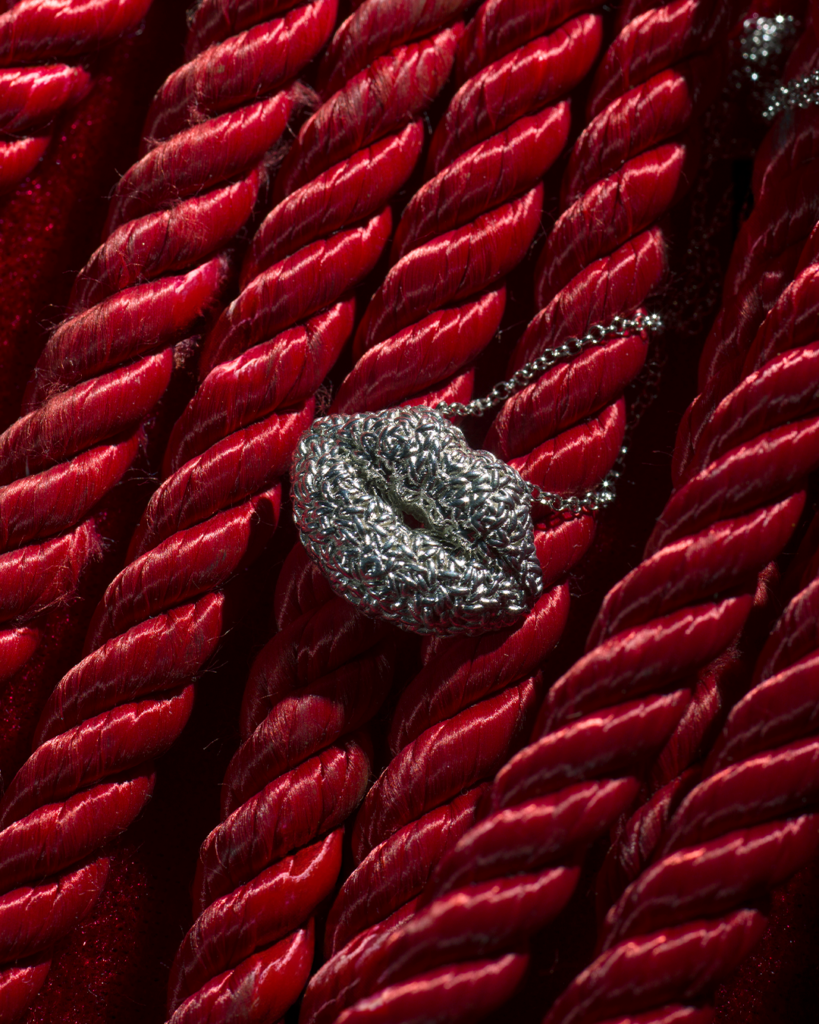A turning point for the brand in the integration of natural and sustainable materials in furniture design on an industrial scale.
Ligne Roset introduces the Kobold sofa, designed by Erwan Bouroullec, upholstered with a revolutionary biomaterial: Reishi. This innovative new category of natural material, grown and shaped from mycelium, is patented by the California-based biotech company MycoWorks.
Ligne Roset, Natural and Sustainable Materials
This launch marks a turning point in the integration of natural and sustainable materials into furniture on an industrial scale. It represents the true beginning of a new era of sustainable design. Designed by Erwan Bouroullec, the Kobold sofa is a true island of comfort—somewhere between seating and furnishing. This sofa is not just a place to sit, but a standalone, versatile, and evolving space, true to a vision of design in constant motion. Its ingenious design facilitates maintenance, optimizes production, and ensures responsible recycling.
The integration of Reishi in this piece is a natural choice and reflects the shared vision of Ligne Roset and Erwan Bouroullec: to create sustainable furniture without compromising comfort, aesthetics, or quality.
With this first collaboration, Ligne Roset and MycoWorks affirm their shared commitment to transforming the high-end furniture industry sustainably.
A Demanding Design, an Exceptional Material
Reishi is a biomaterial naturally grown from mycelium—the root structure of fungi—and shaped using Fine Mycelium™ technology, which guarantees consistency, density, and durability comparable to the finest materials.
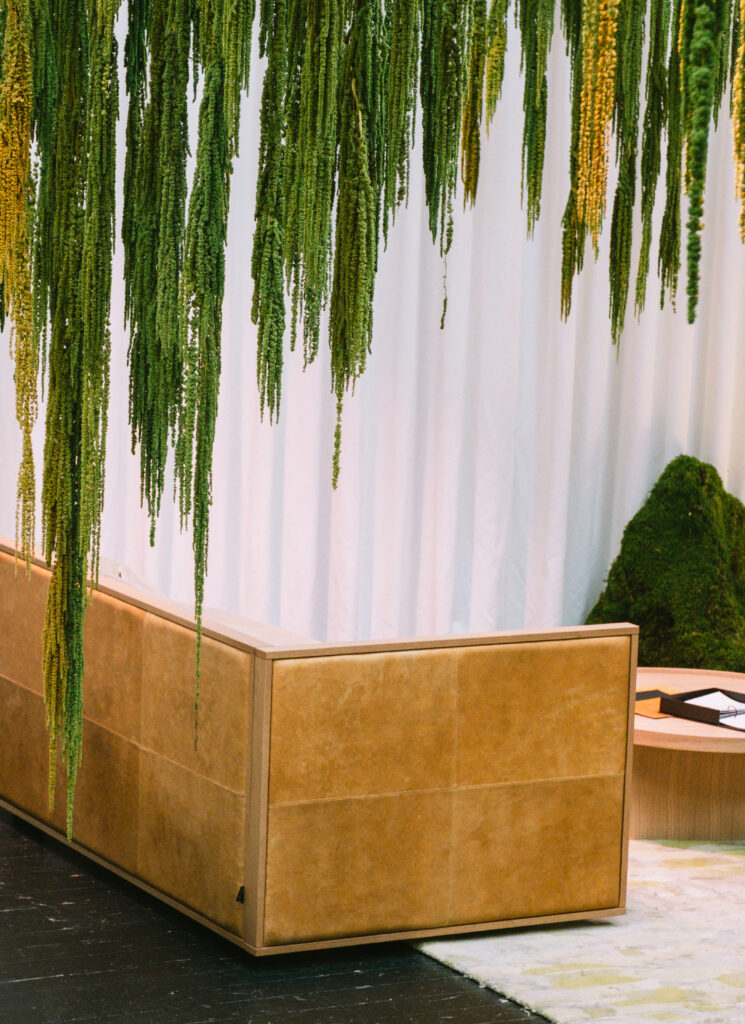
Innovation, Quality, and Consciousness
Biodegradable and cultivated without plastics or toxic tanning agents, Reishi offers a concrete solution to Ligne Roset’s environmental challenges while meeting today’s aesthetic and technical demands. For the brand, adopting this material means combining innovation, quality, and environmental awareness—aligned with the Roset Group’s commitment to a more sustainable industry.
“We’ve been waiting for years for a natural, sustainable material that meets our quality standards and our customers’ expectations. Our partnership with MycoWorks strengthens our commitment to ethical and sustainable development while maintaining the high level of quality that defines Ligne Roset. By embracing innovation, we can also redefine the heritage of Made in France design,” says Antoine Roset, General Director of the Roset Group.
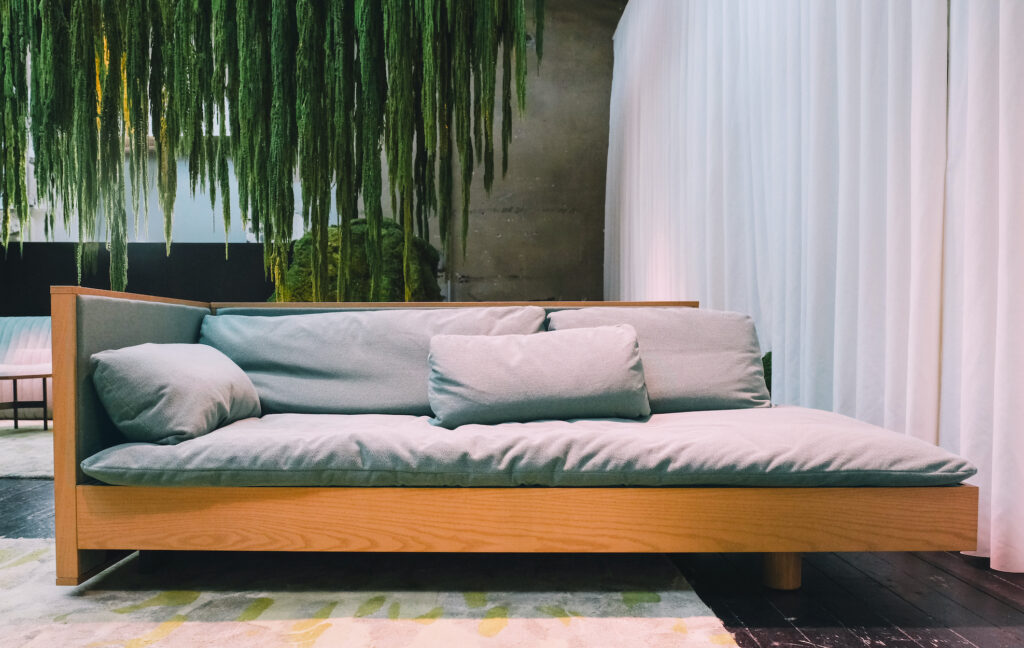
How Reishi Is Changing the Game
Biomaterials have long remained at the experimental stage, struggling to find industrial-scale solutions. Reishi™ has established itself as a reliable, high-end, and scalable solution. Its main strengths:
● A new category of materials, with a sensory feel that evokes the authentic quality of classic materials.
● Reduced environmental impact: low water and energy use, no animal exploitation, biodegradable.
● A unique natural aesthetic: every sheet of Reishi™ features a distinctive grain, echoing the imprint of nature, similar to wood or marble.
● High adaptability: the material’s thickness, flexibility, and finish can be adjusted to suit designers’ needs.
“At MycoWorks, we believe that art inspires science, and that mycelium can redefine the future of design,” says Sophia Wang, co-founder of MycoWorks. “The integration of Reishi in the Ligne Roset collection is a powerful demonstration that sustainable luxury is not a concept of the future—it is a reality of the present.”



